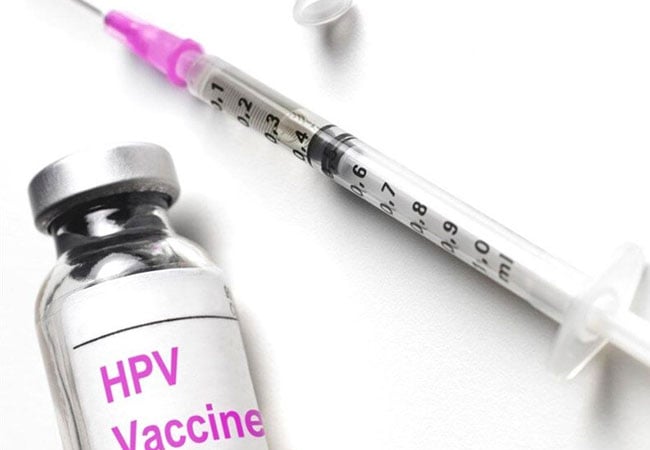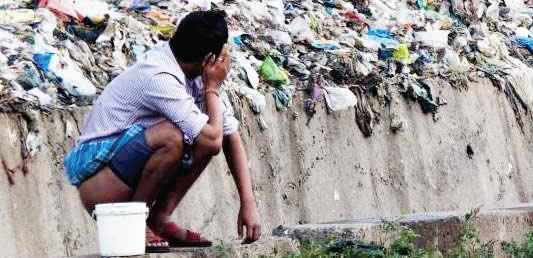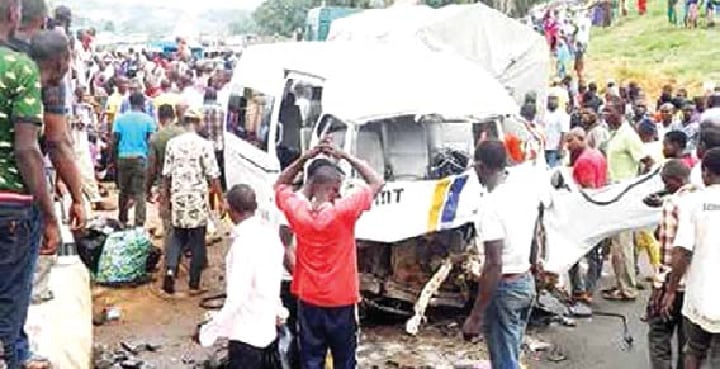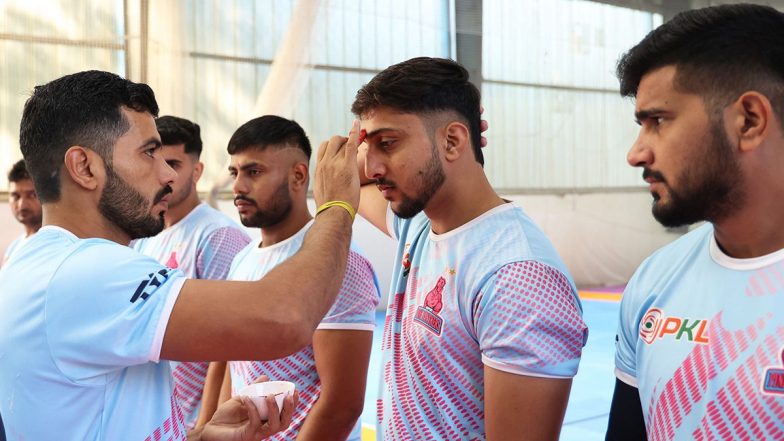By Lara Adejoro The National Agency for the Control of AIDS on Friday said...
Nigerians
Islamic scholar, Mufti Menk, on Friday, said Nigeria can further excel in its current...
By Angela Onwuzoo Leading medical experts have asked Nigerians to disregard rumours going around...
The current economic situation requires that everyone begin to look for alternative sources of...
By Lara Adejoro The Federal Government on Thursday, said 48 million Nigerians still practise...
By Janet Ogundepo Public health experts, sociologists and psychologists have condemned the increasing trend...
Famous Nollywood actors, Aremu Afolayan and his colleague, Baba Tee have called out Nigerians...
Lara Adejoro The National Agency for Food and Drug Administration and Control has alerted...
In his sermon at the Iwo praying ground in Iwo, Osun State, on Wednesday...
The World Bank has stated that Nigeria has one of the highest inflation rates,...












